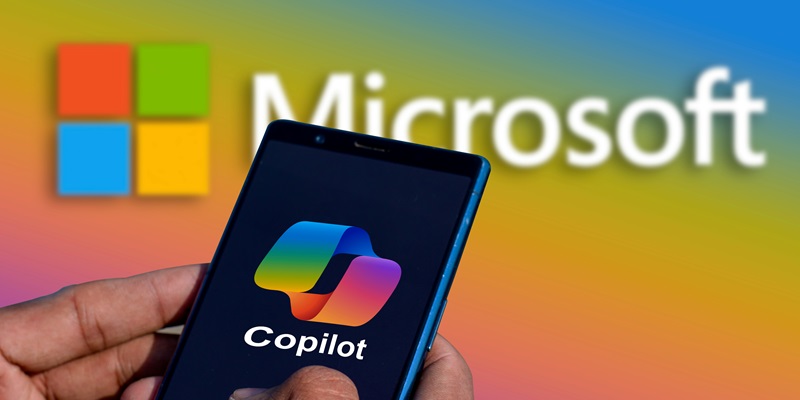Microsoft has enhanced Copilot in Windows 11, integrating it deeply with daily tasks to streamline the user experience. New plugins, such as OpenTable for dining reservations and Kayak for travel planning, are now directly accessible, demonstrating Microsoft’s effort to create a more interconnected digital workspace right from users’ desktops.
This integration reflects a shift toward an AI-centric user interface where Copilot acts as a hub for various activities. It’s easy to envision users arranging a trip on Kayak and then swiftly managing their online store via Shopify, all through Copilot’s user-friendly platform. This strategy showcases how Microsoft envisions the future of Windows 11—where the Copilot AI becomes a core element that harmonizes our interactions with diverse applications and services, using artificial intelligence to enhance efficiency across the board. These advancements signal a future where our computing experience is centralized and AI is intrinsically woven into our digital workflows.
Tailoring System Interactions
Microsoft’s recent updates to Copilot make it more integral to Windows 11, enabling users to adjust system settings via voice commands with ease. This shift enhances the user experience by simplifying complex system management tasks. For instance, changing system settings like battery saver mode or checking Wi-Fi status and storage space is now a straightforward process enabled by Copilot’s deepened interaction with the operating system.
Inclusivity also takes center stage as Copilot extends its functionality to accessibility options. Users can voice-navigate to features such as screen magnifiers, adjust text size, or switch to high-contrast themes, thus tailoring Windows 11 to fit a wider range of needs. Microsoft clearly aims to cater to a diverse user base, nurturing an accessible and customizable platform with these Copilot enhancements. This approach not only makes for a more convenient user experience but also underscores their ongoing commitment to accessibility.
Broadening Copilot’s Reach
The expansion of Copilot’s capabilities illustrates Microsoft’s vision of an AI-empowered user interface that is versatile enough to handle both mundane and complex tasks. With the integration of plugins like OpenTable available immediately and others in the pipeline such as Shopify and Klarna, Copilot is poised to become a more comprehensive assistant. As these integrations roll out, the convenience they offer could redefine how users interact with the digital world, turning their operating system into a multifunctional command center.
These enhancements also reflect a strategic move by Microsoft to stay ahead in the technology race, especially the push for AI integration in user interfaces. By focusing on eliminating repetitive tasks and offering a unified user experience, Copilot could potentially transform Windows 11 into an operating system that not only performs tasks for users but also predicts and facilitates their digital interactions, all while learning and adapting to individual preferences.
Signifying a Commitment to AI-Driven Interfaces
Microsoft’s dedication to incorporating AI into Windows 11 also signals a change in how we might experience computing in the future. Copilot’s augmentation of the Windows ecosystem is more than a mere tool, it represents a paradigm shift toward intelligent computing where systems become proactive participants in user activities. With such a profound emphasis on AI, Microsoft is not just enhancing productivity, it’s crafting a narrative where technology anticipates needs and facilitates outcomes with minimal user input.
As Copilot becomes more robust with time, so does the potential for Windows 11 to serve as a precursor for future AI advancements. This suite of updates underscores a burgeoning trend toward personalized and efficient AI utilities, integrated seamlessly within our everyday computing platforms. Microsoft’s AI endeavours with Copilot in Windows 11 thus hold the promise of a more intuitive and powerful user experience, continuing to shape the trajectory of modern computing.

